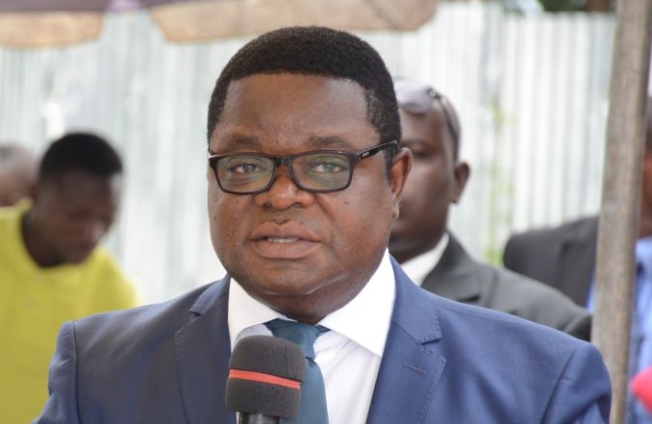Mid-year budget must outline concrete measures to sustain cedi’s stability
The mid-year budget review – to be presented by finance minister Ken Ofori-Atta in the coming days – must outline a precise blueprint for maintaining the cedi’s current stability, which is crucial for the country’s economic recovery, says Professor Peter Quartey, Director-Institute of Statistical, Social and Economic Research (ISSER) at the University of Ghana.
Speaking in an interview, Professor Quartey emphasised that sustaining the cedi’s relative stability is extremely important to securing the nation’s economic future.
“Our exchange rate has been relatively stable for some time now, and the mid-year budget must lay out clear plans for making this sustainable. It must provide clear plans on what we are doing to sustain that process and even make it better,” he stated.
The International Monetary Fund (IMF) last month touted the Ghanaian economy’s resilience for showing signs of stabilisation amid an increase in international reserves and a less volatile exchange rate.
Cedi remains resilient despite weak fundamentals
According to market observers GCB Capital and Constant Capital, the cedi remained relatively strong despite weak economic fundamentals.
Although the local unit lost 4.4 percent against the US dollar as of March 28, the performance beats market expectations due to anticipated seasonality effects in Q1 2023 amid a weaker foreign exchange reserve position and the highly bearish end to 2022 – while the interbank reference rate has depreciated by 22 percent.
This is believed to result from efforts by the Bank of Ghana to tighten market spreads and quell speculation. Despite concerns over a weaker forex reserve position, export receipts have helped to drive a year-on-year (y/y) surplus for the merchandise trade account.



